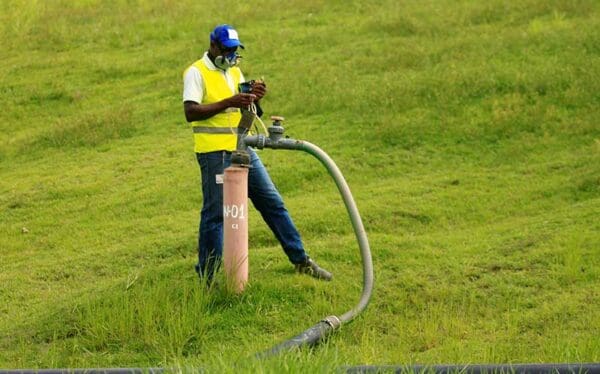The Vermont Affordable Heat Act can Keep Us Moving
This new bill can slash polluting emissions from our buildings and clean up Vermont’s heating fuel supply.
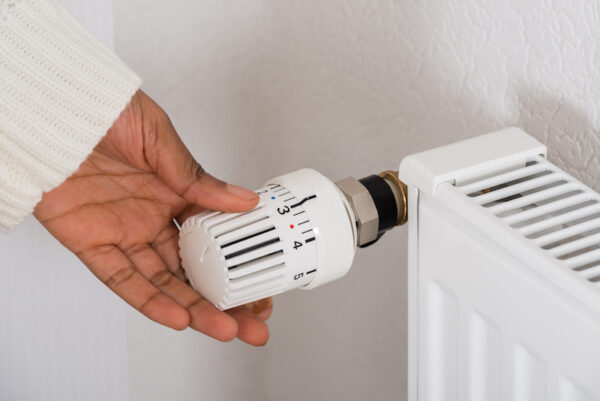
This new bill can slash polluting emissions from our buildings and clean up Vermont’s heating fuel supply.

This Earth Day, the U.S. Congress has finally given us a climate milestone to celebrate. How can we ensure that these momentous investments do not get squandered?
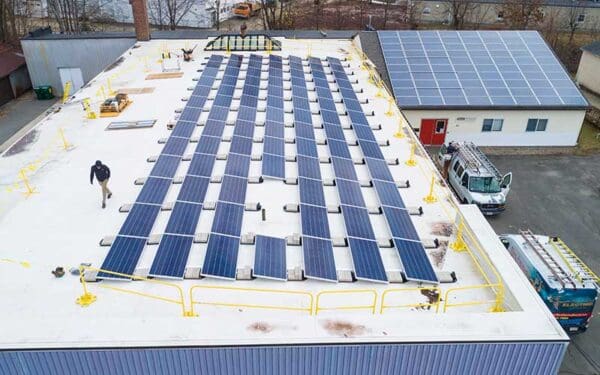
“Once again the Biden Administration is trying to cover its ongoing support for fossil fuels with half measures on climate,” said CLF Senior Vice President of Law and Policy Kate Sinding Daly. “The new standards fall short of President Biden’s stated ambitions and those of major auto manufacturers to convert 100% of the cars sold in the U.S. to electric by 2035. The pollution rules announced today simply won’t get us there, so we’ll continue to push states and the federal government to adopt California’s much stricter emissions regulations.”
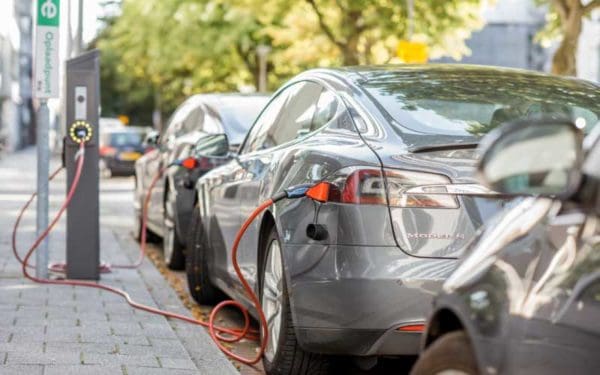
If you live in a home with an oil or gas furnace or boiler, like most people in Massachusetts, turning up the heat is the end of an unseen odyssey for your heating fuel. Between drilling, refining, and transport, fuels can travel thousands of miles before they are delivered into homes and burned for heat.… Continue reading What is the Massachusetts Clean Heat Standard?
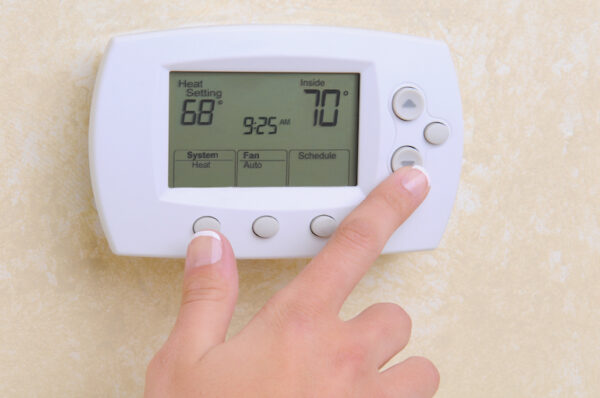
If done correctly, a new state program could help slash climate and health-damaging pollution while promoting clean, electric heat for all Massachusetts residents.

These projects will ramp up clean energy in Maine, helping slow climate change and lower costly electricity bills.
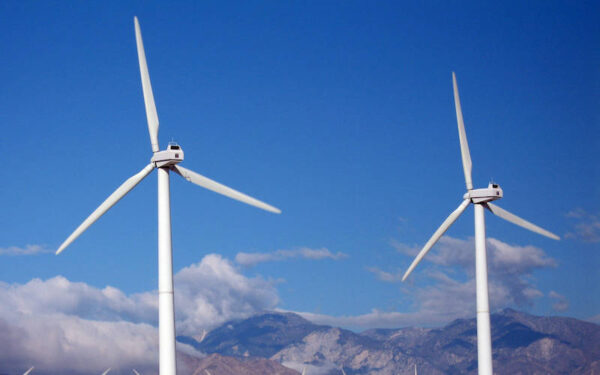
Offshore wind can save us money on our energy bills, provide more electricity in cold temperatures, and slow the effects of climate change.
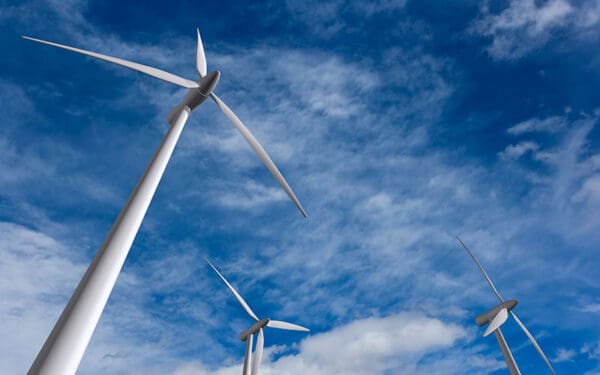
Wood biomass electricity delays our transition to clean energy that won’t spew pollution and damage our climate.
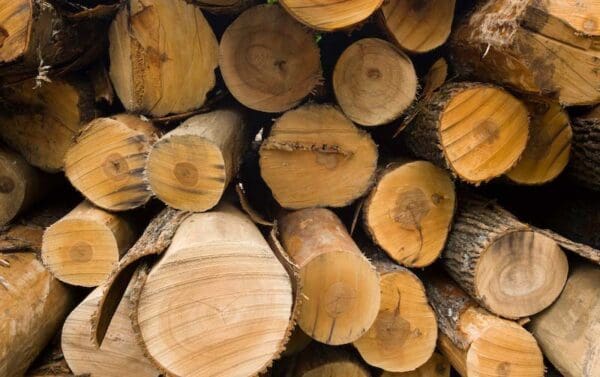
As a skiing enthusiast, New England’s snowy slopes are my winter haven. But climate change is threatening them, and so much more.

A newly approve facility will turn methane gas leaked from the Juniper Ridge landfill into energy, but it’s really just a way for the fossil fuel and waste industries to maintain the status quo.
